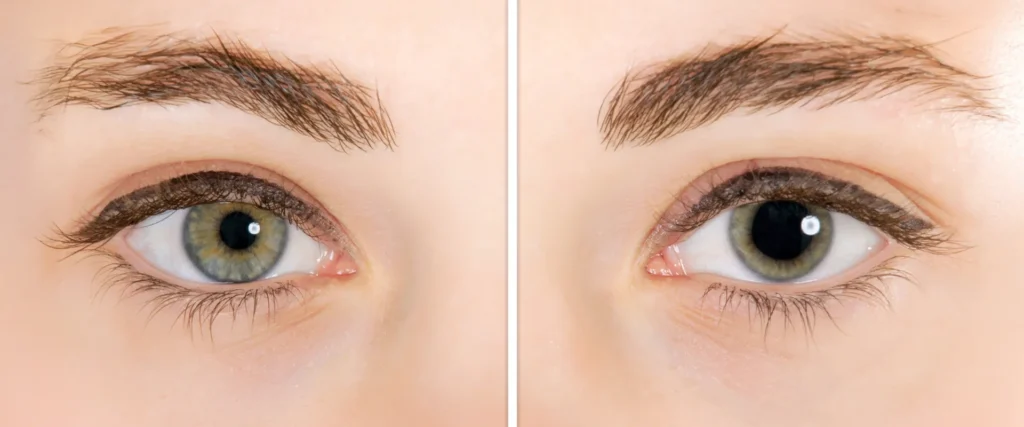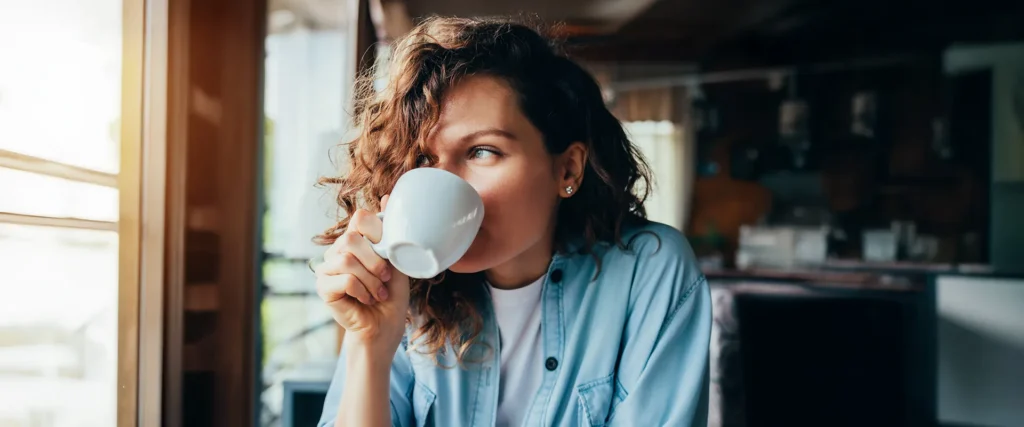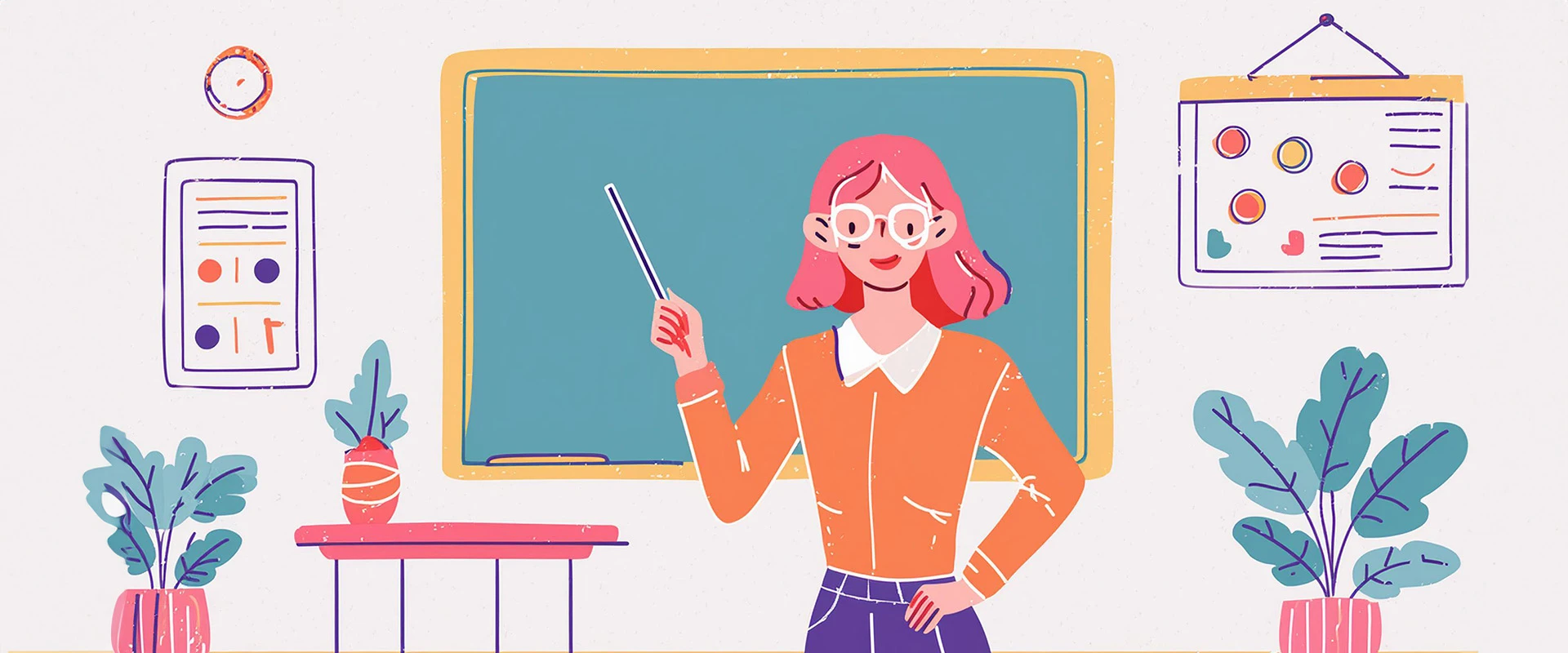
Colors of Love: Explore through the Various Frames
Seeing Love With More Clarity Love makes the world go round. It adds color and

Ever wondered why pupils dilate? Many people believe that seeing someone you like makes this happen. Movies and books often show this to signify love and attraction, with emphasis on how they widen in front of a lover. While this is true, it is only one of the reasons pupils dilate.
Think about going to the bathroom in the middle of the night—your eyes are adjusting to help you find your way. Or that one time when someone jumps out to startle you. Your pupils are likely expanding without you knowing. Different moments in life make your pupils dilate, silently responding to your environment, mood, and health.
So, why does this happen? There are several explanations for this, with some being natural and harmless, while others can be a signal from your body that something needs attention.
Your pupils are the black circles in the center of your eyes. They work like tiny windows, deciding how much light enters—similar to the lens of a camera. In bright sunlight, they shrink to protect your eyes; in the dark, they widen so you can see better.
Most of the time, pupil dilation happens for simple reasons, like stepping into a movie theater or turning off the lights at night. But emotions, certain medications, or underlying health conditions can cause pupils to widen.
There are many reasons behind pupil dilatation. Some are harmless everyday triggers, while others may need closer attention.

There are instances where pupil dilation needs medical attention. Know when to worry about dilated pupils with the following red flags to watch out for:
These warning signs don’t happen often, but they’re worth keeping in mind. While most cases of dilated pupils are harmless, unusual changes—especially when paired with other symptoms—shouldn’t be ignored.
So, whether it’s walking into a dark room, feeling a rush of excitement, or sharing a moment with someone special, your pupils are constantly working behind the scenes. Most of the time, dilation is just your body’s natural way of adjusting to light, emotions, or simple daily habits. But in some cases, it can also be your eyes’ way of signaling that something needs medical attention.
The next time you notice your pupils changing, remember that they’re more than just tiny black circles. They’re storytellers, reflecting what you see, how you feel, and sometimes, what your body needs.
To keep your eyes in check, visit the nearest Executive Optical store for a free eye check-up.

Seeing Love With More Clarity Love makes the world go round. It adds color and

Summer is here! You’re probably planning for unforgettable experiences. Whether you love thrilling adventures, finding

Start the school year with a new pair of eyewear After a long summer break,